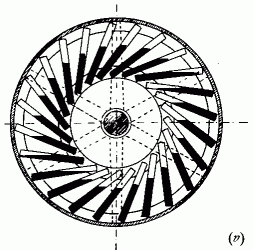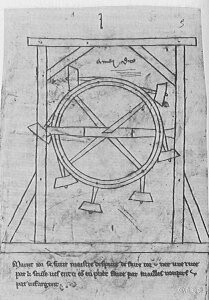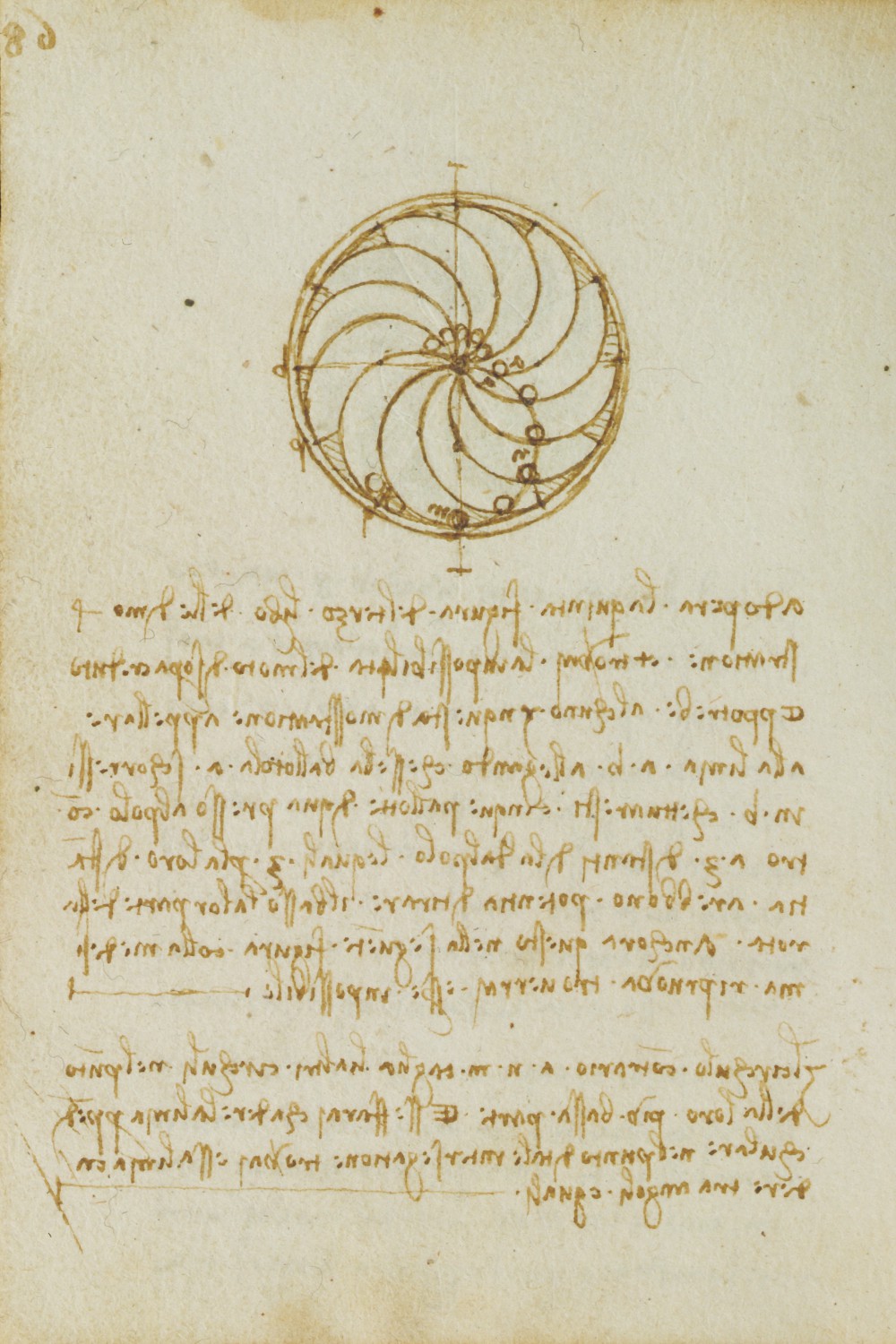The overbalanced wheel dates back to at least the 12th century, with an Indian mathematician named Bhāskara. A brilliant academic, and far ahead of his time, there is some evidence that he beat Leibniz and Newton to some of the principles of differential calculus by over 500 years.
Other than his contributions to mathematics and astronomy, his theory was that by using angled containers full of mercury attached to a wheel, he could push the centre of mass further away from the hub on one side only, like so:

This is absurd, of course. The idea that mercury somehow imbues the vials with some property that ordinary water couldn't satisfy is pure archaic superstition. We're all scientists, here.
Around the mid-13th century, a new design started appearing in Europe:

This is from the portfolio of Villard de Honnecourt, a mysterious figure from France who is kind of a Leonardo da Vinci, before da Vinci. He has designed water-powered woodsaws, trebuchets, and automata - basically early versions of modern assembly-line robots.
His overbalanced mallets are intended to shift mass as they crest the top of the wheel. Ironically, the moment of the swinging hammer pushes the wheel in the opposing direction of movement, thus negating any potential gains.
Various themes on the above designs floated around for another three hundred years, and then we get to good old Leo himself. da Vinci brought a characteristic elegance to the design, removing the error prone liquid vials and clunky moving parts.

So this is what I'll be building on. The idea is good, execution is poor, but he didn't have the tools available to us now :>
 Jarrett
Jarrett
Discussions
Become a Hackaday.io Member
Create an account to leave a comment. Already have an account? Log In.
So what is the solution ?
Are you sure? yes | no
Magnets!
Are you sure? yes | no
Are you sure? yes | no